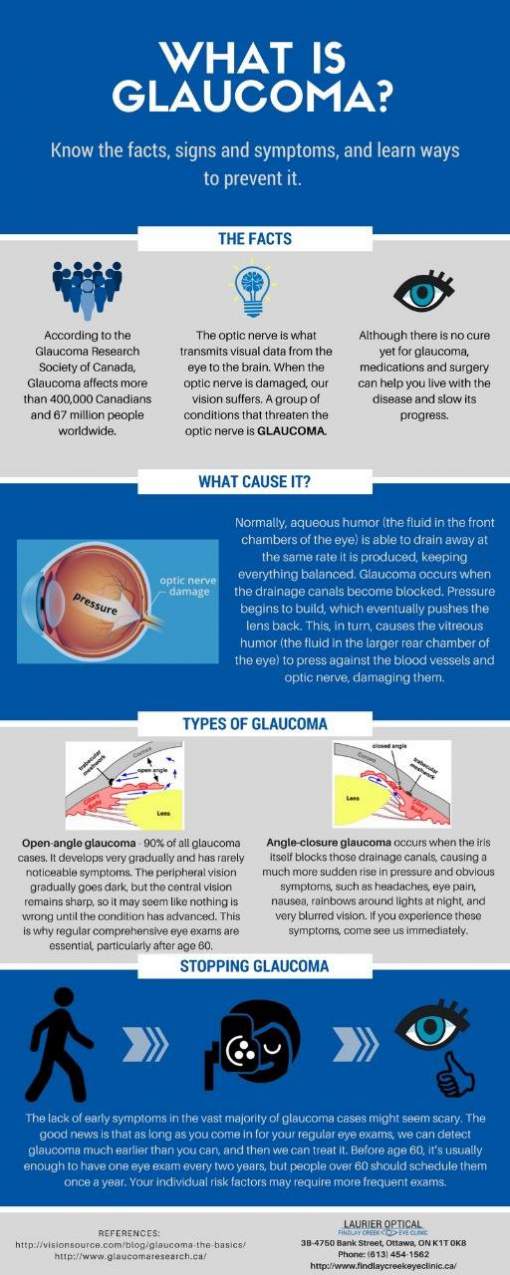Refractive Lens Exchange: An In-Depth Guide To Boosted Vision
Refractive Lens Exchange: An In-Depth Guide To Boosted Vision
Blog Article
Web Content Produce By-Gertsen Kaspersen
If you more than 40 and battling with vision issues like hyperopia or myopia, Refractive Lens Exchange (RLE) might be worth thinking about. This treatment replaces your all-natural lens with a man-made one, potentially lowering your dependence on glasses. While the advantages are appealing, it's essential to recognize the risks and eligibility needs. What should you recognize prior to making a decision that could transform your vision forever? Allow's discover this subject additionally.
Understanding Refractive Lens Exchange
Comprehending Refractive Lens Exchange (RLE) can be critical for those thinking about vision modification options.
RLE is an operation that changes your eye's natural lens with a synthetic intraocular lens. It's mostly focused on dealing with extreme refractive errors, such as hyperopia, nearsightedness, or presbyopia.
Throughout cataract surgery video , your cosmetic surgeon will certainly eliminate your over cast or clear lens and change it with a lens customized to your vision needs. This choice is commonly considered for people over 40 who might not be suitable candidates for LASIK.
By selecting RLE, you're not just improving your vision; you're additionally possibly decreasing your dependence on glasses or contact lenses.
Understanding just how RLE jobs will certainly equip you to make informed decisions regarding your vision health.
Perks and Risks of RLE
Picking RLE not only uses an opportunity to boost your vision yet also comes with its very own set of advantages and threats.
One significant benefit is the capacity for more clear vision, decreasing or eliminating your reliance on glasses or call lenses. 5 months after cataract surgery might also experience a broader range of vision, particularly if you go with multifocal lenses.
Nevertheless, there are threats involved, such as infection, complications during surgical procedure, or discontentment with the outcomes. Some patients experience aesthetic disruptions like halos or glare.
It's vital to consider these benefits and threats very carefully. Consulting with your eye care specialist can assist you make an enlightened choice that aligns with your vision objectives and way of life.
Qualification Standard for Refractive Lens Exchange
Prior to taking into consideration Refractive Lens Exchange (RLE), it's essential to identify if you satisfy the qualification standards. Typically, you're an excellent candidate if you're over 40 years of ages and have a stable prescription.
You need to also be experiencing refractive mistakes like nearsightedness, hyperopia, or presbyopia. It's important to have healthy eyes without any significant diseases, such as cataracts or glaucoma.
In addition, you ought to remain in excellent overall wellness and not have any type of conditions that could influence healing, like unchecked diabetes mellitus. If you put on contact lenses, you may require to quit wearing them for some time prior to your analysis.
Consulting with an eye care professional will certainly aid you comprehend your certain circumstance and whether RLE is right for you.
Conclusion
To conclude, refractive lens exchange can change your vision and lower your dependence on glasses or calls. While it provides numerous advantages, it's crucial to comprehend the risks and guarantee you fulfill the eligibility requirements. Consulting with an eye care professional will certainly help you make an informed choice tailored to your requirements. If you're considering RLE, make the effort to discover your choices and talk about any issues, paving the way for more clear, much more vivid sight.
